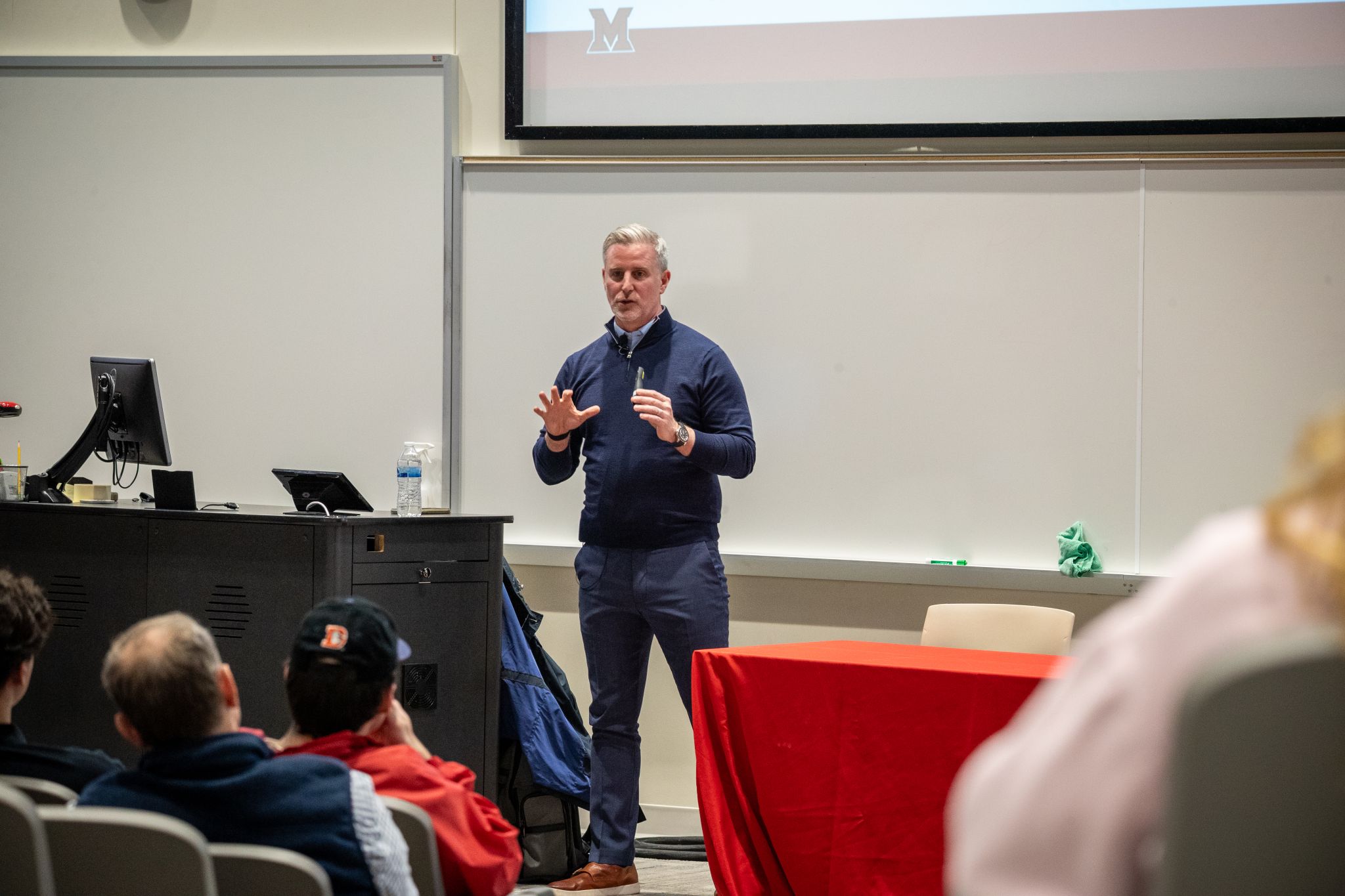
Graduate Program in Ecology
The Graduate Program in Ecology is a multidisciplinary, interdepartmental program of study and research leading to M.S. (with a thesis required) and Ph.D. degrees. This program brings together faculty and students, with interests in ecology, from various departments. Ecology is by nature an interdisciplinary subject that crosses departmental boundaries. The program provides students with educational experiences that reflect this interdepartmental nature, and facilitates interdepartmental collaborations and interactions among students and faculty. Assistantships are provided by the home department.
Participating Host Departments
The Graduate Program in Ecology brings together faculty and students, with interests in ecology, from various departments. Ecology is by nature an interdisciplinary subject that crosses departmental boundaries. The program provides students with educational experiences that reflect this interdepartmental nature, and facilitates interdepartmental collaborations and interactions among students and faculty. Miami Master's and Ph.D. students can also earn a Certificate in Ecology, through the interdepartmental Graduate Program in Ecology.
Academics
Students in the program receive their degrees from a home department but satisfy the requirements of the Graduate Program in Ecology in lieu of home department requirements. Students also earn a Certificate in Ecology. Miami also offers an interdisciplinary Ph.D. program in Ecology, Evolution, and Environmental Biology.
Students interested in this program should review the research interests of the faculty associates. Any faculty associate in a participating department can serve as the thesis/dissertation advisor.
Certificate Requirements

Students who fulfill all the requirements of this program will receive a Certificate in Ecology, in addition to a graduate degree from their home department.
A. Formal Course Requirements
Students must earn 12 credit hours of formal coursework, including:
- BIO 671, or equivalent course in population/community ecology
- BIO 672, or equivalent course in ecosystem ecology
- one graduate course in the student's home department, not including those used to satisfy requirements 1 or 2 above
- one course in statistics or mathematical modeling
A formal plan of study, including courses to be taken to satisfy requirements 1-4, must be approved by the student's committee.
B. Seminars
Students must take at least two semesters of graduate seminars in ecology.
C. Professional Workshop(s)/Seminar(s)
Students must take any workshop, seminar in teaching, or other professional training required of new students by the home department.
D. Thesis
Students must complete a thesis. The thesis committee must include at least three faculty members. Two committee members must be from the student's home department and two must be Ecology Program Faculty Affiliates. The Committee Chair (Advisor) must be a member or associate of the home department.
E. Diagnostic Exams
Students must complete either a comprehensive exam, or a thesis proposal defense. The type of exam will be determined by the student's home department.
F. Other Requirements
In all other matters, such as evaluation of teaching performance, service on departmental committees, etc., students must follow the procedures set forth by the student's home department.
Research Facilities and Centers
Research is at the center of both the M.S. and Ph.D. programs. Graduate students in the program pursue questions at all levels of ecological organization including: behavioral ecology, population ecology, community ecology, landscape ecology, and ecosystem ecology. In addition, students take core ecology courses and seminars and attend short workshops designed to improve teaching and professional skills. Students in the Graduate Program in Ecology have access to state-of-the-art research equipment and facilities within the participating departments, as well as many shared facilities, including:

Center for Advanced Microscopy and Imaging
The Center for Advanced Microscopy and Imaging (CAMI) is an all-university research, teaching, and service facility located in Upham Hall on Miami University's main campus, in Oxford, Ohio. CAMI serves the microscopy needs of both the biological and materials communities. CAMI is available for use without charge to the Miami University community.











